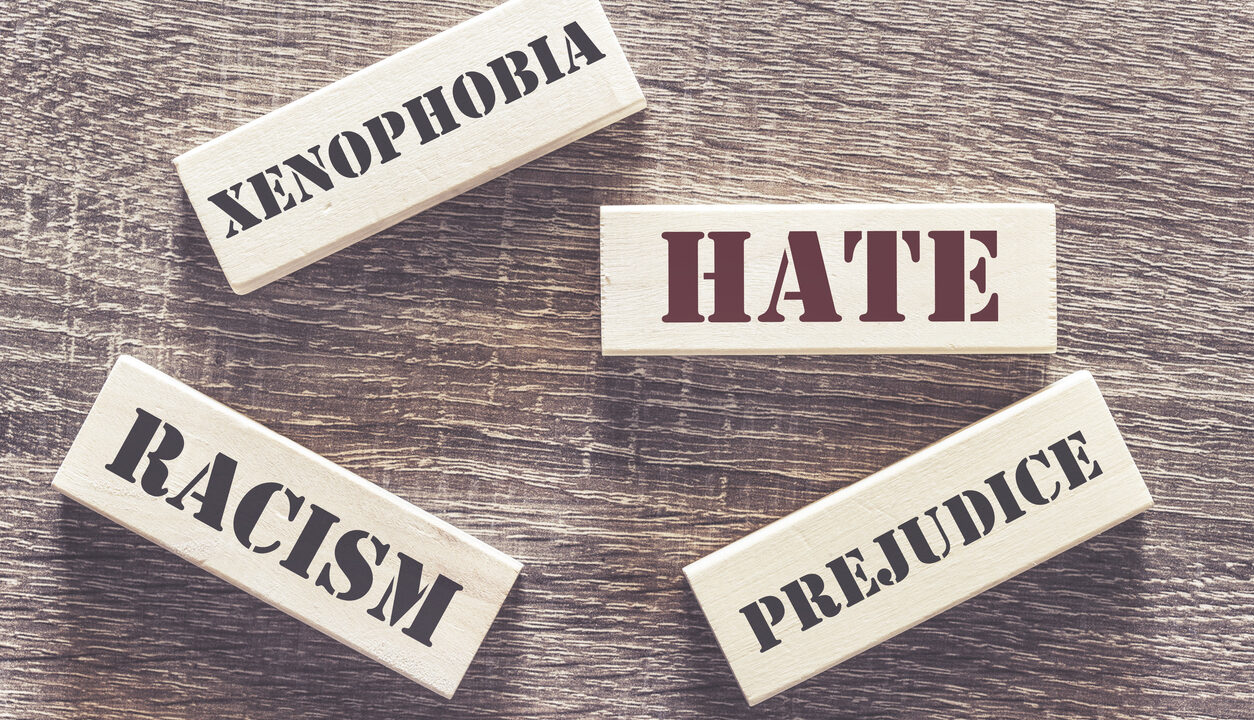Generally, hate crimes are acts that target individuals or groups based on their race, ethnicity, religion, sexual orientation, gender identity, or other characteristics. In Canada, including Ontario, hate crimes are taken very seriously by law enforcement and the legal system. At Collett Read LLP, we are committed to fighting against hate and providing legal support to victims and individuals accused of hate crimes alike.
Types of Hate Crimes
Hate crimes can take many forms, including physical violence, vandalism, harassment, and online abuse. These acts not only cause harm to the immediate victims but also instill fear and division within communities.
While there is no such thing as a general “hate crime” in the Criminal Code of Canada, Canadian law creates offences for four similar acts. These “hate propaganda” offences are:
- Advocating Genocide,
- Public Incitement of Hatred
- Wilful Promotion of Hatred
- Wilful promotion of Antisemitism by denying, condoning, or downplaying the Holocaust.
These provisions aim to hold perpetrators accountable for the full extent of their actions and to send a clear message that hate and discrimination have no place in Canadian society.
“Hate-Motivated” or “Bias-Motivated” Criminal Charges
Additionally, police officers can lay a “hate-motivated” or “bias-motivated” criminal charge. For them to do so, the following must have occurred:
- A criminal offence was committed (such as assault, damage to property, uttering threats, etc.)
- The criminal offence must have been motivated by hate or bias towards the victim (ex: because of the victim’s race, nationality, ethnic origin, language, religion, sex, age, mental or physical disability).
For example, if a person vandalizes or otherwise tampers with religious property (such as church property or community centers), an officer may be able to lay a hate-motivated mischief charge. In these circumstances, the mischief is found to be committed out of bias, prejudice, or hatred against the religious group.
Challenges in Prosecuting Hate Crimes
One of the challenges in prosecuting hate crimes is establishing the motive behind the offense. Unlike other criminal acts, hate crimes are driven by prejudice and bigotry, making it essential to prove that the perpetrator targeted the victim based on a protected characteristic. This often requires a thorough investigation and collection of evidence, including witness testimony, digital evidence, and forensic analysis.
Seeking Legal Representation
At Collett Read LLP, we understand the complexities surrounding hate crimes and provide compassionate legal representation to both victims and individuals accused of hate crimes. Our experienced criminal defense team will work tirelessly to protect your rights and ensure that you receive a fair trial.
Combatting hate crimes requires a collective effort from all members of society. By raising awareness, promoting tolerance and understanding, and holding perpetrators accountable, we can work towards building a more inclusive and equitable society for all. If you have been a victim of a hate crime or are facing allegations of a hate crime, don’t hesitate to reach out to us for expert legal guidance and support.
Call us at (905) 541-2228 or fill out a form for a free consultation with our legal team. Together, we can stand against hate and uphold the principles of justice and equality for all.
